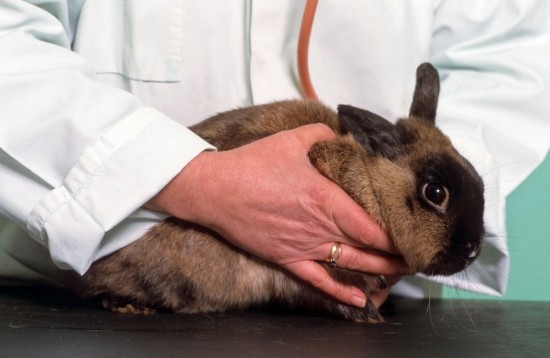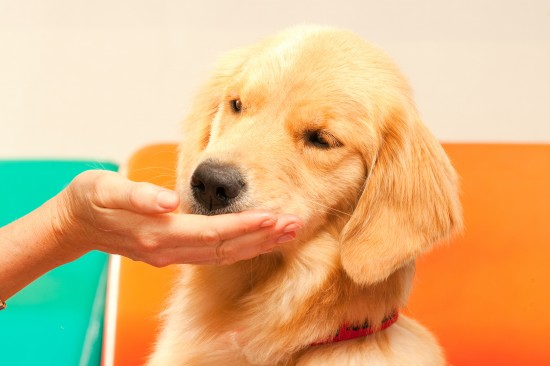

You know that my passion is my babies (four legged babies). So I was thinking I need to write about how to know when your doggie is sick.
First we need to understand what a healthy dog is like.
The normal temperature of a dog is 101-102 degrees. There respiratory rate is 15-20 per minute. There heart rate is 80-120 beats a minute. They have bright pink mucous membranes, gums, inside lips, tongue, inside eyelids. If you push on there gums until it's pink, then let go it will go, it should turn bright quickly. Also, they should have clean smelling ears, skin, and a full shiny coat, and eyes that are clear and bright.
When your puppy is healthy it will run around. But when they don't feel good they will let you know in ways you might not expect.
The most important thing is know what is normal for your babies and to know what to watch for. If anything unusual starts happening call your vet. We want our babies around for a long time!
 Health Issues Associated With The Shorthair Exotic
Health Issues Ass
Health Issues Associated With The Shorthair Exotic
Health Issues Ass
 Fly Strike In Rabbits
Fly Strike In Rab
Fly Strike In Rabbits
Fly Strike In Rab
 Take Good Care of Your Furry Friends with Dog Grooming Lymm
Take Good Care of Your Furry Friends with Dog Grooming Lym
Take Good Care of Your Furry Friends with Dog Grooming Lymm
Take Good Care of Your Furry Friends with Dog Grooming Lym
 Ten Human Foods That Can Also Be Enjoyed By Dogs
Ten Human Foods T
Ten Human Foods That Can Also Be Enjoyed By Dogs
Ten Human Foods T
 Sunscreen Lotion For Dogs - Do They Need It And What To Use
Sunscreen Lotion
Sunscreen Lotion For Dogs - Do They Need It And What To Use
Sunscreen Lotion
Copyright © 2005-2016 Pet Information All Rights Reserved
Contact us: www162date@outlook.com